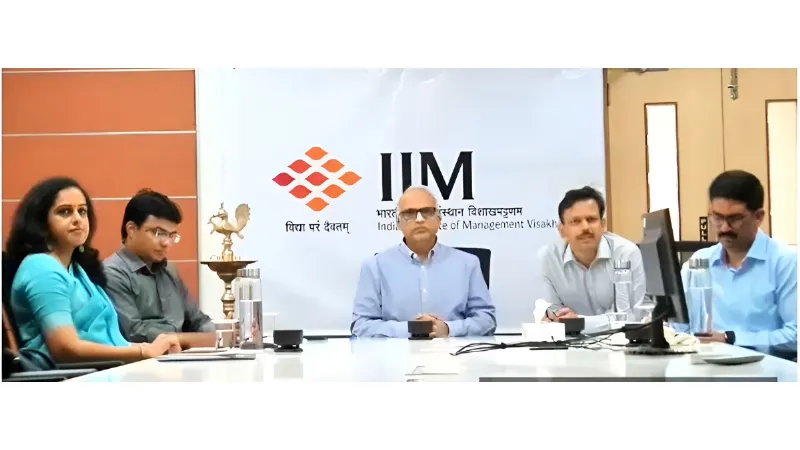Latest News
Stocks vs Equity Fund vs Index Fund

Bangalore: Equity investment is simple, but it requires perseverance, resilience and the right amount of determination to achieve success. Over the last few years, especially post-Covid-19, the world has gone through major economic events such as the Russia-Ukraine war, soaring inflation, the 2-year US treasury yields hitting 16 years high, commodity prices going through the roof, continuous lockdowns by China and others. These geopolitical tensions led to a global supply chain issue. Despite all of this, the Indian markets performed relatively better than other major global equity markets. In FY23, the US Dow Jones fell about 4.05%, while the Hang Seng declined by 7.2%. On the other hand, the Nifty remained flat at -0.6%. The Indian economy certainly had a stronger macroeconomic situation than other countries.
In fact, the Indian equity market witnessed a staggering 2.5 crore new demat accounts being opened in FY23. The industry has grown from just 3.59 crore demat accounts in FY19 to 11.45 crore demat accounts in FY23. The DIIs took the market to new highs on 1 December 2022 at 18887 levels. They poured in above 2.5 lakh crore in the cash market. The FIIs suffered the fear of missing out and started putting in their money from March 2023 onwards. If one looks at Q1FY24 (Apr-Jun 2023), FIIs have poured in more than Rs. 60,800 crores in the cash market, taking the market to new life-highs of above 19700 levels now.
From a risk-return perspective, equity returns can be significantly higher than an equity/index fund; however, the investor also needs to understand the extent of price risk involved. For instance, if someone has invested Rs. 10 lahks in a stock, which goes down by 10%, the capital erosion would be to the extent of Rs. 1 lakh, however, had the same investor invested in an equity fund, the fund would have gone down by say just 2-3% as it has a lower concentration risk (at least 25 stocks in the fund scheme) resulting in diversification benefit. In fact, if the investment would have been made in an index fund, say a Nifty 50 index fund that comprises the highest market-cap weighted securities, the volatility risk would have been much lower along with a flat to positive returns possibility.
Have a look at this detailed comparison, where investing in just Cipla stock would have yielded a 6.75% return. If someone had relied on a midcap equity fund like ICICI Midcap Select, he/she would have made a 15.58% gain over a period of the last 12 months. However, if the investment had been into a passive index fund, the returns would have been a staggering 21%.
Over the last few years, the mutual fund industry has also been instrumental in bolstering the financial savings of the retail investors of the country. Over the last 10 years, the AUM of the Indian mutual fund industry has grown over 5 times from Rs. 8.1 lakh crore (June 2013) to Rs. 44.39 lakh crore (June 2023). Additionally, the number of mutual fund folios has also reached 14.91 crore in June 2023 as against 14.73 crore in May 2023. The SIP contribution in the last 4 years has risen by more than 68% from Rs. 92,700 cr (FY19) to around Rs. 1,56,000 cr (FY23). In fact, the SIP monthly contribution touched an all-time high of Rs. 14,749 cr in May 2023.
The way one participates in the market will completely depend on the investors’ market acumen, time involvement and risk profile. If a person has completed the required education (say a CFA/CA/MBA Finance) or has experience in understanding financial statements, assessing corporate governance and its red flags etc., he/she can go ahead and invest directly into stocks. However, if the investor is risk-averse despite the education/experience, then he/she can surely go for an equity/index fund.
Equity funds are an active form of investment where the fund manager tries to generate alpha and beat the benchmark index resulting in a higher expense ratio for the investor. On the contrary, Index funds are a passive form of investment, where the role of a fund manager is limited as the fund directly mirrors the returns of an index, say Nifty 50, leading to a significantly lower expense ratio.
Hence, it is the choice of the investor whether he/she wants to invest in stocks, equity funds or an index fund. Although all these instruments have their pros and cons, their suitability differs.






















